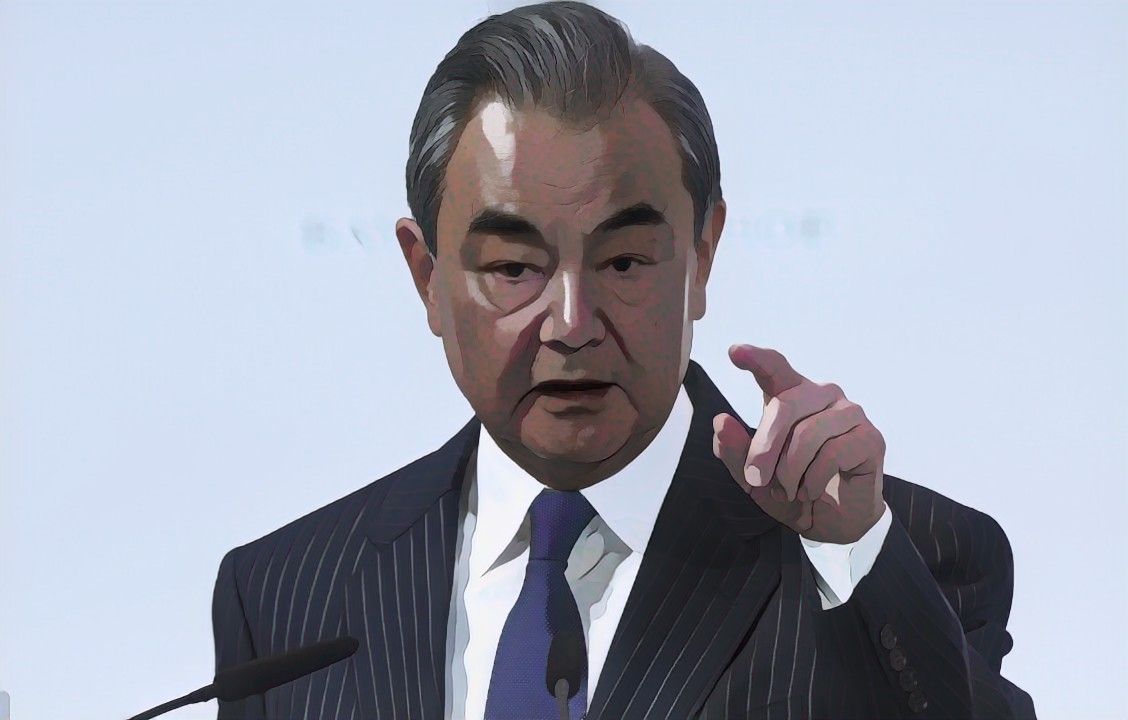China Emphasizes Cooperation with Japan and South Korea at Trilateral Forum

The Lede: China’s top diplomat, Wang Yi, called on Japan and South Korea to work toward cooperation with China on the basis of regional development and shared Asian roots.
What We Know:
- China, Japan, and South Korea came together this week at the 2023 International Forum for Trilateral Cooperation (IFTC) hosted in Qingdao under the theme, “Revitalizing Trilateral Cooperation in the Post-Covid Era: Communication, Connectivity and Community.”
- China’s top diplomat Wang Yi stressed the potential of regional cooperation between the three countries while criticizing the influence of outside actors, a reference to the U.S. and its Western allies. In a comment on the shared Asian roots of the three countries, Wang said that most Americans and Europeans cannot tell China, Japan, and South Korea apart. He also took the opportunity to promote the cross-border infrastructure Belt and Road Initiative.
The Background: The Trilateral Cooperation Secretariat (TCS), which organizes the IFTC, is an international organization established with a vision to promote Lasting Peace, Common Prosperity, and Shared Culture among China, Japan, and South Korea. It began as a side conference between the three countries at ASEAN summits until 2011 when it was inaugurated as a separate organization in Seoul. Japan and South Korea have deepened their ties with the U.S. and Western countries with particular attention given to economic and trade relations, technology cooperation, security concerns over North Korea, and tensions in the Taiwan Strait.
Likely Outcomes:
- The comments and vision set forth by China’s top diplomat at the IFTC will likely have little effect on Japan and South Korea’s long-standing and ever-deepening relations with the U.S. and Western allies. China’s appeals to regional alignment and racial similarities fall flat as broad-brush comments of little substance as Japan, South Korea, and other Asian countries often perceive Beijing’s regional influence as a threat.
- Japan and South Korea will likely continue to nurture ties with China insofar as they accrue benefits to the respective countries, but the underlying geopolitical alignment of the two Asian nations with the U.S. and the West will remain the primary mode of relations. However, forums such as the IFTC that bring together China and countries that are typically grouped into the U.S.-aligned bloc may serve as vital spaces for dialogue moving forward.
Quotables:
“Americans take all visitors from China, South Korea and Japan as Asians. They cannot tell the differences and it’s the same in Europe. No matter how blonde you dye your hair, how sharp you shape your nose, you can never become a European or American, you can never become a Westerner. We must know where our roots lie…[I]n recent years, some major powers outside the region have deliberately played up ideological differences and created various exclusive cliques in an attempt to replace cooperation and unity with confrontation and division in order to realize their own geopolitical interests. If this trend is allowed to develop, it will not only seriously interfere with the smooth progress of trilateral cooperation, but also increase tension and confrontation in the region” - Wang Yi, State Councilor of China
“Imperial Japan really leaned into that as it expanded, eventually declaring a ‘Greater East Asia Co-Prosperity Sphere’, with conquest styled as win-win racial liberation. Unsurprisingly, China’s Northeast Asian neighbors are now resisting Beijing’s attempt to change the regional order in its favor. Both have made it clear they feel safer with the US around and have no interest in abandoning their alliances to instead rely on Beijing’s goodwill.” - Joel Atkinson, a professor specializing in Northeast Asian international politics at Hankuk University of Foreign Studies in Seoul
“The irony of ... Wang Yi telling Japanese and Koreans ‘you can never become an American,’ is that Japanese and Koreans become Americans every day. They’re part of the fabric of America. What they can’t become is Chinese.” - Jeff M. Smith, director of the Asian Studies Center at the Heritage Foundation
Good Reads:
Top Chinese diplomat urges Japan, South Korea to align with Beijing (Taiwan News)
China dismisses criticism of top diplomat’s comments appearing to push for race-based alliance (AP)
International Forum for Trilateral Cooperation 2023 (Trilateral Cooperation Secretariat)
